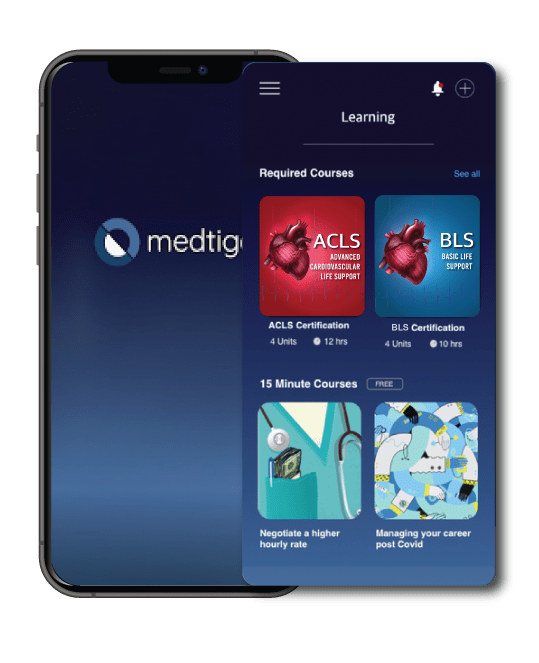A 73-year-old man with acute abdominal pain and hemodynamic instability exhibited a rare but deadly complication of hepatocellular carcinoma (HCC) on March 20th, 2025. Early detection combined with appropriate treatment is vital for improving survival outcomes in this case.
HCC ranks as the fifth most widespread cancer globally while remaining the fourth leading cause of cancer-related mortality. HCC is asymptomatic in its early stages but reveals its deadly nature when the liver capsule suffers spontaneous rupture, leading to a life-threatening emergency with high mortality rates. The occurrence of spontaneous liver capsule rupture affects fewer than 3% of Western European HCC patients, resulting in rapid internal bleeding followed by fatal hemorrhagic shock, thus requiring immediate medical attention.
A 73-year-old male without a history of liver cancer presented to the Emergency Department (ED) after experiencing sudden severe chest pain together with dizziness and episodes of sweating. Medical records showed three previous conditions, including hypertension and heart failure with preserved ejection fraction and alcohol abuse. Medical personnel detected a hypotensive state upon admission, which necessitated emergency resuscitation procedures.
The patient displayed sensitivity to palpation in his right upper abdominal area, which indicated potential liver-related pathology. Testing revealed clear results of acute coronary syndrome, while the creatinine test reached normal values alongside bilirubin values and liver enzyme tests. A CT scan detected a large heterogeneous liver tumor that measured 145 × 100 × 100 mm and showed necrotic tissue together with capsular rupture that had caused hemoperitoneum. These findings indicated spontaneous liver rupture. The patient’s second hemoglobin evaluation demonstrated continued hemorrhage and revealed a minor coagulation disorder indicative of developing liver dysfunction.
Professional care in a tertiary hospital became necessary because the patient presented a high risk for disease progression. Angiography showed the presence of a 14 cm liver tumor, but no active bleeding was present during the assessment. Hospitalization began with procedures to stabilize blood circulation by rehydrating the patient and blood transfusion. The healthcare team maintained complete food restriction for the patient to minimize liver metabolic stress, yet they conducted continuous bleeding assessments.
The patient started his chemotherapy treatment within the first 48 hours of hospital admission. The medical team progressively used transcatheter arterial embolization (TAE) combined with selective internal radiotherapy after initial treatment. The patient recovered completely after his treatment without any additional symptoms, which allowed for hospital discharge with a scheduled oncological follow-up appointment.
Late-stage HCC leads to spontaneous capsular rupture but results in limited patient survival opportunities. Studies demonstrate that spontaneous capsular rupture is the third leading cause of mortality in HCC patients, behind tumor progression and liver failure. A review study of 1,451 HCC patients discovered that spontaneous rupture affected only 3.9% of patients, although it is a very serious outcome.
Multifactorial risk elements that raise the vulnerability to capsular rupture include high body mass index, the position of the tumor, mass dimensions that exceed 5 centimeters, portal vein thrombosis, and hypertension. Researchers continue to examine the connection between HCC and cirrhosis since experts debate whether cirrhosis increases a patient’s risk of capsular rupture. Tumors that develop near the liver’s outer capsule in the left lobe position have a higher chance of rupturing than tumors situated in the center. Specific cancer treatments that use sorafenib as targeted therapy and transarterial chemoembolization show the potential to raise the risk of rupture.
Right upper quadrant abdominal pain presents as the main symptom of capsular rupture and can extend to the shoulder area from diaphragmatic irritation. Additional symptoms include nausea and vomiting followed by peritonism signs with possible hypotensive effects. Most cases evolve into hemorrhagic shock when treatment delays exceed the response time.
Medical managers assess individuals who cannot undergo embolization to determine if surgical hemostasis or partial liver resection would be suitable for their specific tumor conditions and liver capabilities. Transplantation of the liver is not a viable treatment choice owing to the advanced nature of the disease. Early detection of HCC is critical, particularly in high-risk patients. The combination of swift diagnostic imaging procedures along with emergency care and multiple specialist services leads to improved patient survival rates. Ongoing research into predictive factors, along with new therapy strategies, remains essential for the advancement of patient care.
References: Al Saadi H, Al Zubaidi R, Zender HO, Heymann EP, Said C. Abdominal pain due to liver capsule rupture: A rare but fatal complication of hepatocellular carcinoma. Emerg Care Med. 2025;2(1):13. doi:10.3390/ecm2010013











